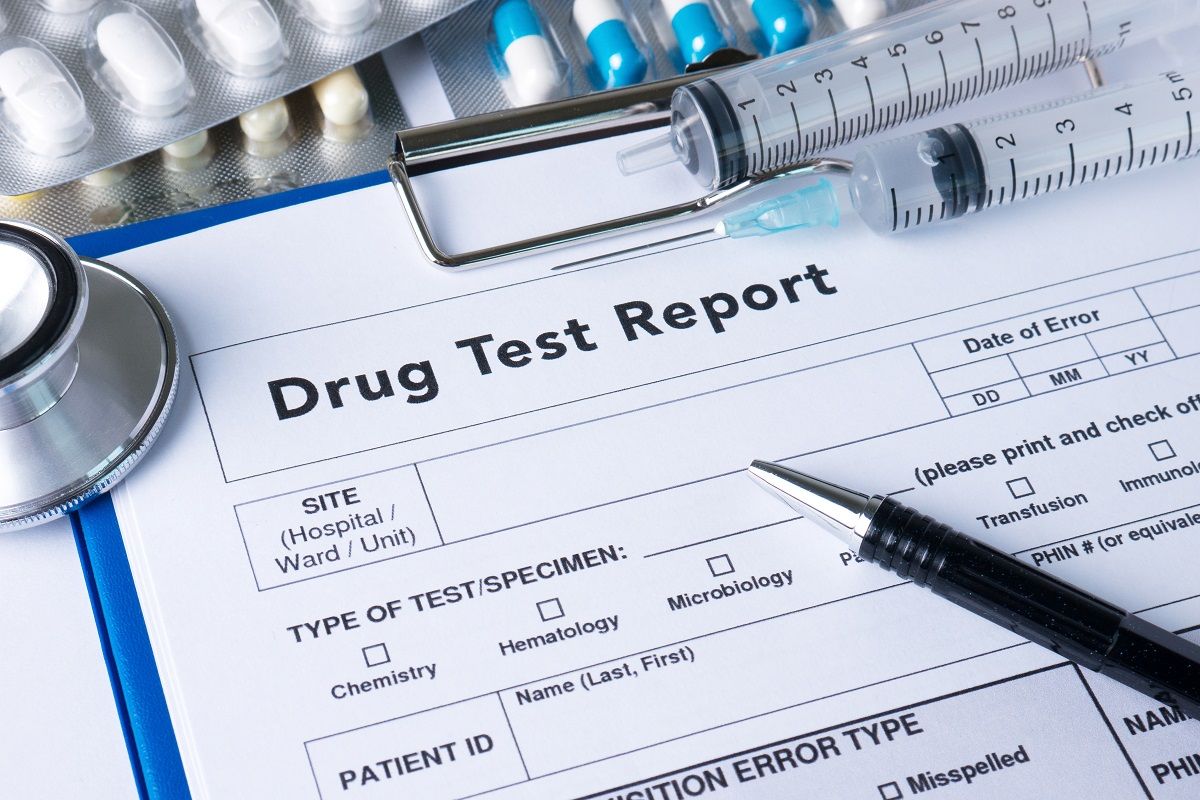The extent of drug and alcohol abuse among UK workforces is an issue that often goes undiscussed, yet it impacts business operations, safety, and profits. Over 1 million employees per year are estimated to struggle with substance abuse issues while at work. For industries like transportation, construction, aviation, and healthcare, implementing clear testing policies is crucial. But how common is testing, what do these policies entail, and does testing make an impact?
Prevalence of Drug and Alcohol Abuse
The statistics paint a concerning picture of the state of the UK workforce:
- An estimated 1.5 million Britons are addicted to prescription or over-the-counter medications
- In 2017/18, 34.6% of surveyed UK residents admitted to trying illegal drugs in their lives, with 4.3% having used within the past month
- After cannabis, cocaine is the second most widely used illegal substance
- Standard workplace testing checks for cannabis, cocaine, amphetamines, benzodiazepines and opiates
With around 60% of UK businesses having drug and alcohol use policies, actual testing is far less common, occurring in less than 20% of workplaces.
Testing Policies in High-Risk Sectors
For NHS workers, broad drug testing is not enforced, but searches and coordination with police can occur if serious suspicions arise. Periodic drug testing may be required when rehabilitating employees with known substance abuse disorders. Minor offenses typically result in rehabilitation programmes rather than dismissal.
Like healthcare, construction is an industry where impairment poses serious dangers. With 39% of surveyed construction professionals reporting witnessing inebriated colleagues attempting to work, more employers are ramping up testing programmes. Major construction firms like Interserve and Barratt have implemented supportive testing policies. Though not yet mandatory, legislation is expected to someday require screening.
For rail employees, drug and alcohol testing is compulsory and standards are dictated by the 1992 Transport and Works Act. Any detected impairment is considered a criminal offense. Urine samples are checked for various substances from cannabis to methadone by partnered testing facilities. Failing a test results in serious penalties.
Model Testing Policies
Effective drug testing policies should strike a balance between safety needs and support for workers battling addiction. Key characteristics include:
- A drug test Ireland performed by accredited names like AlphaBiolabs drug testing lab
- Allowing staff to voice concerns before testing
- Be centred on rehabilitation rather than punishment
- Be backed by evidence of impairment or reasonable cause
- Tests are contingent upon consent from workers
- Permitting appeals of positive test results
The Impact of Testing Policies
When thoughtfully implemented, there is strong evidence that drug testing programmes achieve their goals of reducing absenteeism and improving productivity and safety. With estimates that 60% of workplace accidents involve alcohol or drugs, companies that monitor for risks through checks like the 6-panel urine drug test and the hair strand test reap significant benefits.
As more data emerges about the crisis of addiction among UK workforces, attitudes and policies can continue progressing to save both lives and business operations. Support-based testing initiatives provide a powerful tool for creating healthy, safe work environments across every industry.






